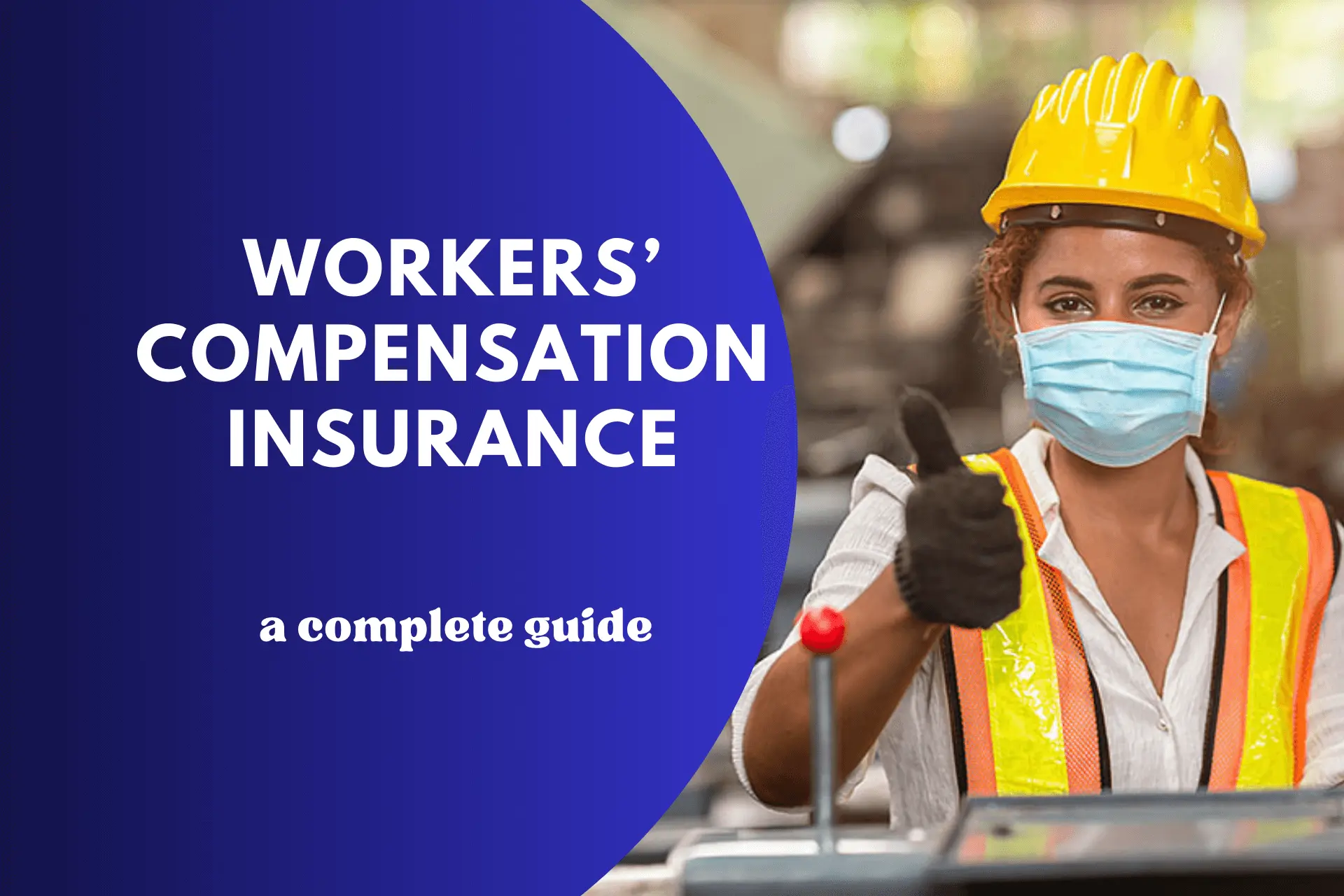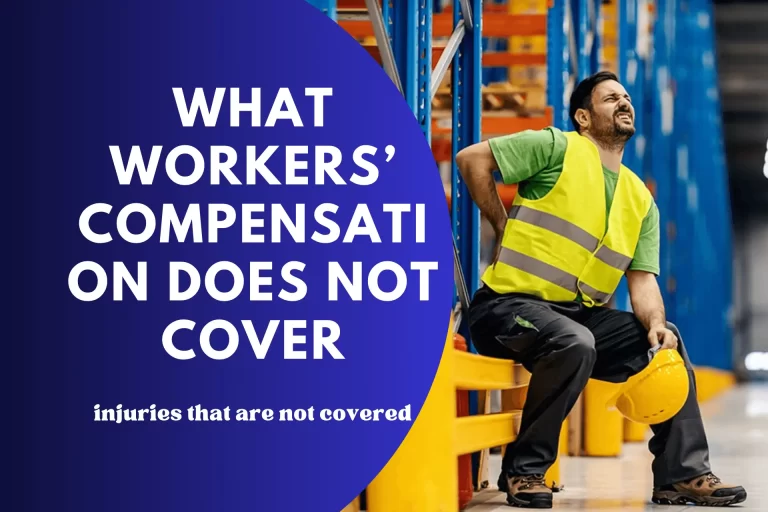Workers’ Compensation Insurance | A Complete Guide
When it comes to running a business, you need to be prepared for just about anything. One of the most critical ways to safeguard your company and your employees is through workers’ compensation insurance. This insurance is not just an extra expense but an essential aspect of any well-run business operation. In this guide, we’ll delve into everything you need to know about workers’ compensation insurance.
Who is Required to Carry Workers’ Compensation Insurance?
In the United States, most employers are required by state law to carry workers’ compensation benefits, although requirements can vary. Typically, the number of employees a company has, the type of business, and the kind of work performed by employees are factors that determine whether an employer must have workers’ comp insurance. Failure to carry workers’ compensation insurance often results in hefty fines and legal repercussions.
How Workers Compensation Claims Work
If an employee gets injured or becomes ill due to their work, the process for claiming workers’ compensation generally follows these steps:
Types of Workers’ Compensation Insurance
Following are the Types of Workers’ Compensation Insurance:

What Does Workers’ Compensation Cover?
Workers’ compensation insurance definition typically covers the following injuries:
What Is Not Covered by Workers’ Comp?
However, not every injury or situation is covered. Exclusions usually include:
Special Considerations for Comp Insurance
Certain jobs may have special considerations when it comes to workers’ compensation, such as:
How Much Does Workers’ Compensation Cost?
The cost of workers’ compensation insurance varies widely based on several factors, including the size of your workforce, the type of work involved, and your company’s history of workers’ comp claims. Businesses with high-risk jobs or a history of many claims may face higher premiums.
Worker Compensation Insurance Benefits
Besides the obvious benefit of medical coverage and wage replacement for injured workers, having a workers’ comp policy also:
How Are Premiums Set?
Insurance companies set premiums based on:
How Do You Apply for Workers’ Compensation Complete Guide?
Applying for workers’ compensation insurance is generally straightforward:
FAQs
Conclusion
Workers’ Compensation Insurance is not just a legal obligation but also a critical tool for workplace security and employee welfare. While the nuances might seem complex, the crux is simple: it is an essential policy designed to protect both the employee and employer. Being aware of how it operates can help you make informed decisions, whether you’re signing a contract, starting a new job, or setting up a business.
Understanding and investing in Workers’ Compensation is not just about compliance; it’s about creating a sustainable, safe, and productive work environment. Therefore, it’s worth the time and effort to get to know the ins and outs of this indispensable form of protection.






